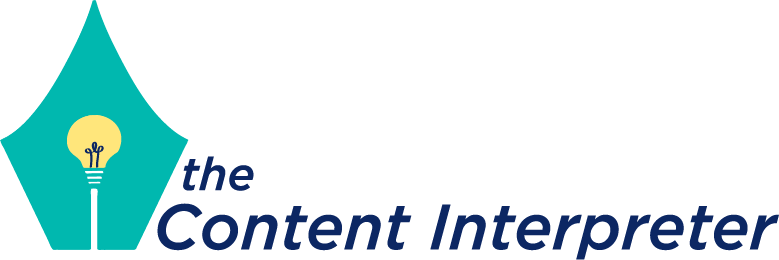The best parts of my job are the conversations, which give me the opportunity to hear some great stories. Stories about past work experiences, career aspirations and personal epiphanies are the gems that make what I do not only fun, but necessary.
The key to great content is in listening, not writing. We all have stories to tell, so there should be no problem finding them. Most of our stories, we believe, don't add to the conversation. When talking to others - professionally or personally - we de-emphasize seemingly small details because we assume that no one would care or that they wouldn't matter.
I recently worked on a brand narrative for a client of mine - a multi-talented personal chef and caterer, and an even better person. The near-finished product reflected all the values that we had discussed in conversation, but it felt like something was missing. During our review, she mentioned a detail about her mother safeguarding certain recipes and her very personal relationship with food. This was brought up as a complete aside while we reviewed.
Something clicked. This insight, while not specifically included in the final product, reframed the whole narrative. The client's main objective is to make their culinary experience better, but there's an underlying dichotomy there. How does a chef's quest for personalization also build community, which she clearly had among her most loyal followers? This is a breeding ground for new stories, along with a different dynamic that her clients experience when they visit her site.
These are the stories that you must bring to the page and to the stage. The tattoo on your ankle that no one ever sees, the times when you pretended to sing into your hairbrush, or even that embarrassing flub from your first job interview are all experiences that are the foundation of great storytelling. More importantly, they're all interwoven, creating the tapestry of your complete experience.
The more authenticity you bring to the stage - experiences you can call your own - the more rewarding it will be for you and your audience.





